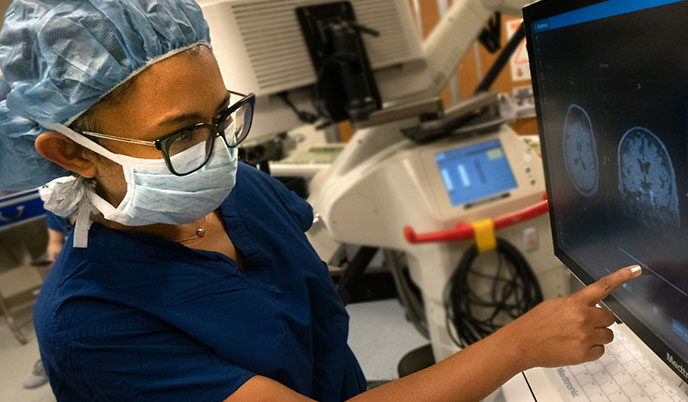
Q&A with Mahua Dey explores glioblastoma vaccine
Dr. Mahua Dey is an associate professor in the Department of Neurological Surgery and the director of the surgical neuro-oncology program in the University of Wisconsin School of Medicine and Public Health. She specializes in the surgical management of both benign and malignant brain tumors.
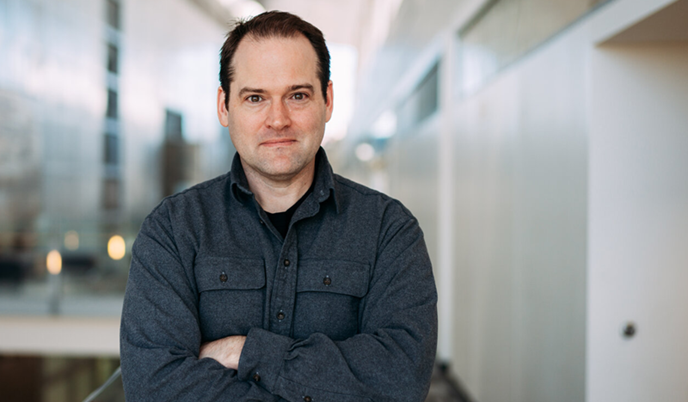
Q&A: Kip Ludwig on bioelectronic medicine
By hacking the nervous system with minimally invasive, super-precise techniques, Associate Professor of Neurological Surgery Kip Ludwig and his team are creating new treatments to relieve pain and restore function for those suffering from diseases and conditions as diverse as migraine, hypertension and cancer. This field of study is called neuromodulation, and its advances may render orally administered drugs obsolete.
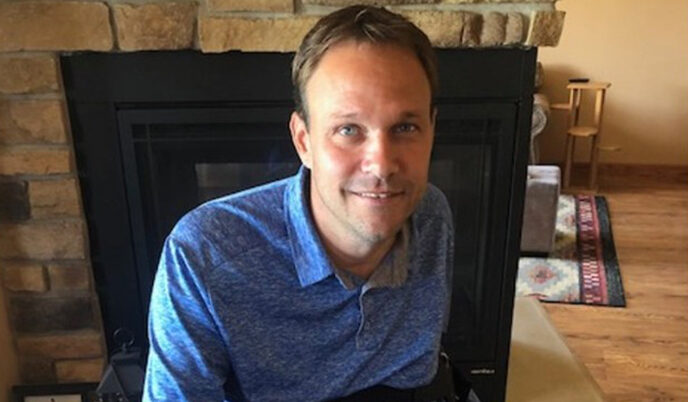
UW researcher’s career inspired by his own spinal cord injury
Dan Hellenbrand grew up on a small farm near Lodi and by his 20s was on the path to his desired career in carpentry. Then, in an instant, that path vanished.
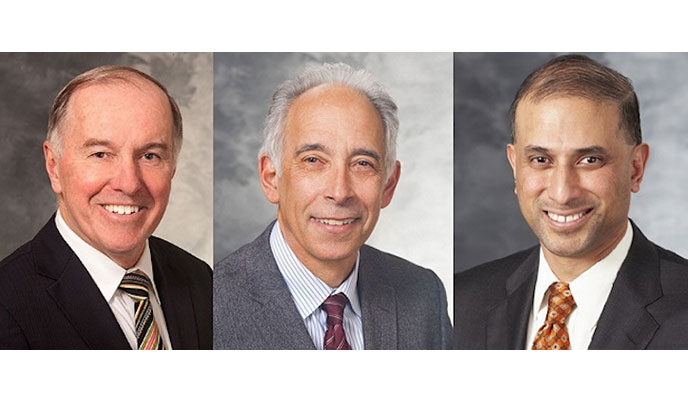
Three UW School of Medicine and Public Health faculty earn lifetime and career achievement awards
Lifetime and career achievement awards carry the weight of decades of discoveries and service. They are commonly the most prestigious awards given by professional societies and organizations.
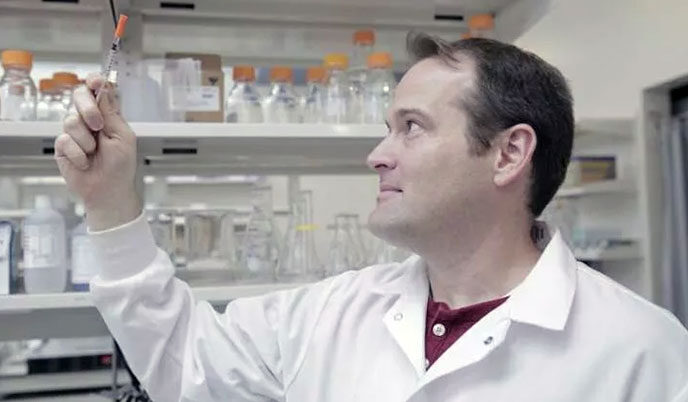
Injectable, flexible electrode could replace rigid nerve-stimulating implants
By electrically stimulating nerves, neuromodulation therapies can reduce epileptic seizures, soothe chronic pain, and treat depression and a host of other health conditions without the use of conventional drugs like opioids.

Video: Robert Dempsey on being a teacher of doctors
Robert Dempsey, MD, chair of neurological surgery at the University of Wisconsin School of Medicine and Public Health, is a skilled clinician, distinguished researcher and dedicated teacher and mentor.

Society of Neurological Surgeons honors Robert Dempsey
Robert Dempsey, MD, chairman of neurosurgery in the University of Wisconsin School of Medicine and Public Health, is the third recipient of the national society’s Medical Student Teaching Award.

Study destroys myth that motorcycle helmets break necks
While some riders claim that motorcycle helmets can break necks during a crash, a University of Wisconsin-Madison study shows they have the opposite effect.
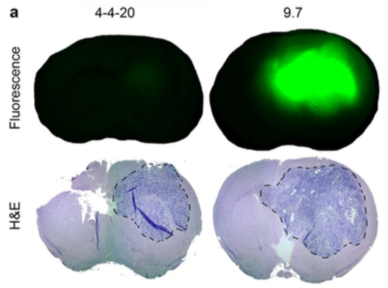
UW study uses ‘bio-panning’ to find human antibodies for brain cancer stem cells
Using a method described as similar to panning for gold, Carbone Cancer Center scientists discovered human antibodies for the cancer stem cells of glioblastoma, one of the most difficult brain cancers to treat.

Finding by neurosurgeon Amgad Hanna rewrites anatomy textbooks
Neurosurgeon Amgad Hanna knew that what he saw in the operating room did not match the diagrams depicted in anatomy textbooks.
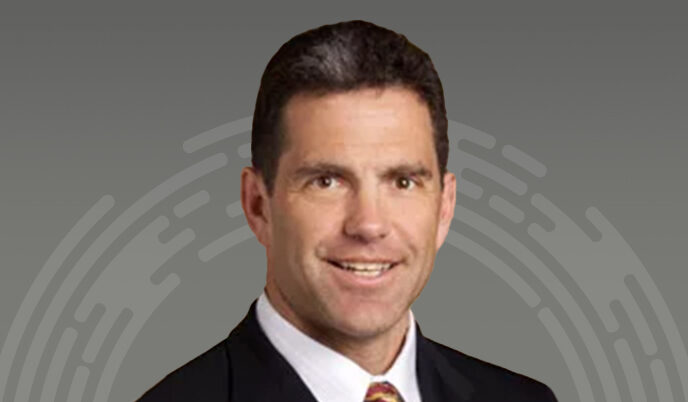
Daniel Resnick chosen to lead the North American Spine Society
UW Health spine surgeon Dr. Daniel Resnick was elected president of the 8,000-member North American Spine Society at its annual meeting this month.

On Call: Catching Up With Three Neurosurgeons
What have graduates of the University of Wisconsin School of Medicine and Public Health been up to lately? Three medical school alumni who are neurological surgeons share their stories.